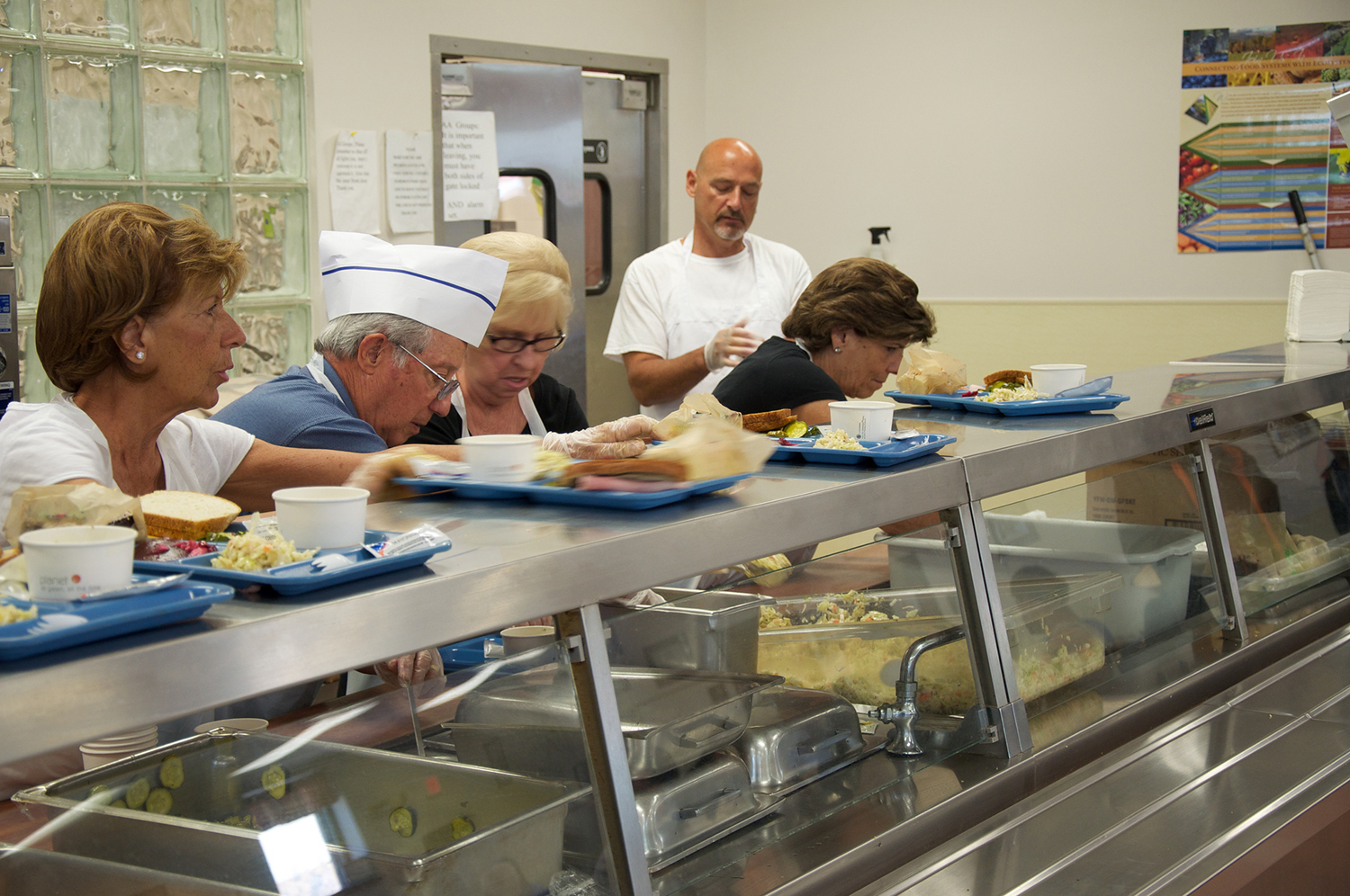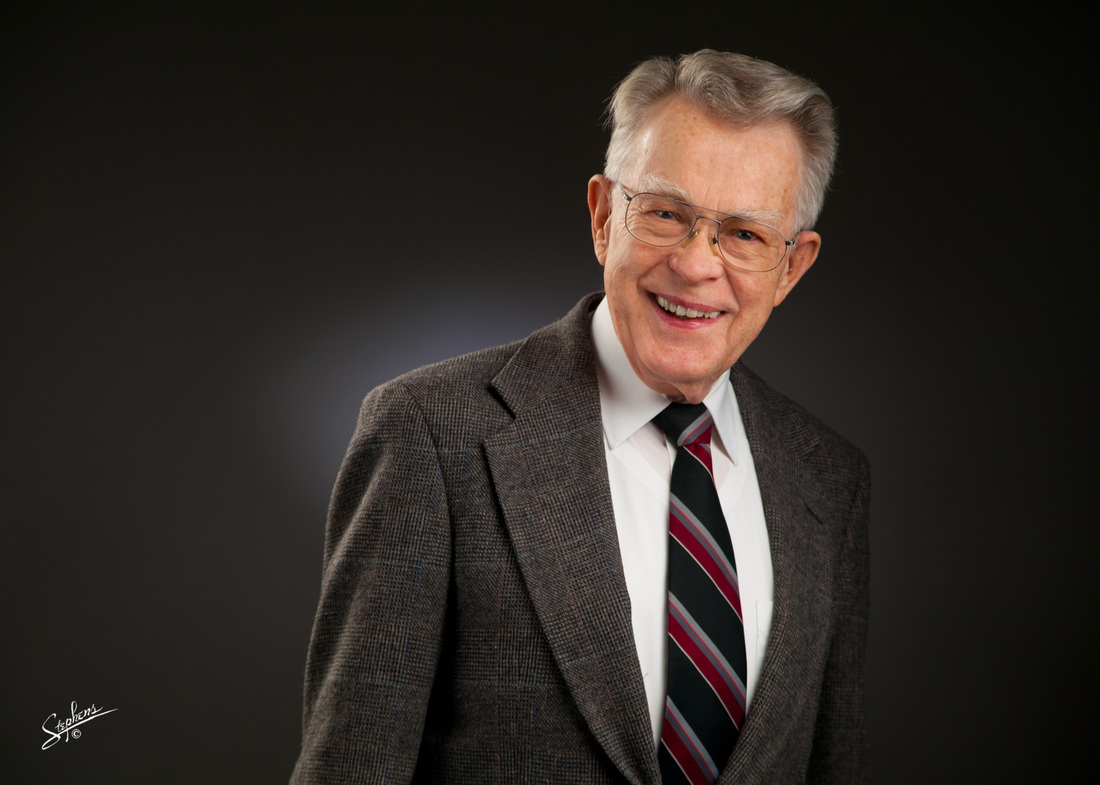Thanks to medical advancements — along with some other factors — people are living longer.
This means the number of older Americans will continue to grow in the coming years. The U.S. Census Bureau estimates that by 2050, the number of Americans 65 and older will nearly double, far outpacing the overall population growth.
For those 85 and older, the number will more than triple. Because of this increased lifespan, churches will likely find a growing number of senior adults in their communities.
Bill Hooper, senior adult pastor at First Baptist Church of Bolivar, Mo., follows the growing trends of senior adults. But he also points out that churches often focus attention elsewhere.
“Babies and older adults are probably the main growth areas for churches,” he said. “Yet, facilities for babies take precedence in most churches. This is okay, but we need to recognize that we are getting more and more senior adults to minister to.”
Most churches are ill-equipped in terms of physical space designed for senior adults, he said.
“Elevators, ramps, automatic doors for wheel chairs, invalid toilets — these are all things churches need to provide. Senior adult assembly space, where all seniors can fellowship together, is needed,” Hooper said.
“It wasn’t until my first wife was in a wheelchair that I realized how difficult it was to get her in and out of church through regular doors.”
Senior adults remain a key foundation for many churches, said Bill Baer, a pastoral care minister at Second Baptist Church in Springfield, Mo.
That’s why “ministry time, energy and budget should include space for our seniors,” Baer said.
Second Baptist calls its active senior adult ministries “Second Half” to serve those living in the second half of life, he said.
“Seniors, as a group, contribute a large share of the church budget in offerings and tithes,” Baer said. “To not take them into account or to neglect them hurts them and hurts the church. Seniors should be encouraged to actively serve the Lord as long as they live.”
Seniors can contribute much to churches if allowed to serve.
“Obviously, they do not have the energy of younger people, but they have a wisdom born of experience and observation that are very valuable,” he said. “Most churches could do a better job of having seniors mentor younger people.”
Unique ministry needs
Churches should think carefully about the unique needs of senior adults, Hooper said.
“Senior adults will need new approaches to Bible study for they have ‘heard that Scripture for a long time,’” he explained. “They will need newer and different approaches to non-religious activities: help with Medicaid and Medicare enrollment, parish nursing, health insurance selection and making claims.
“I could envision churches starting senior adult classes, such as learning how to paint, be a gardener, book study groups, senior choirs, trips to places of interest and shows.”

Ministry experts say churches must remember that Baby Boomers don’t like to be called Boomers and they want to be involved ministries — not just be ministered to as seniors. (Photo/Sam Beebe/Creative Commons)
He also noted the unique needs of various age groups among senior adults. Many younger senior adults “are still employed and have continuing family responsibilities.”
Thus, he finds “it is difficult to get them involved in senior adult activities, and they are not particularly interested in special activities for their age group outside of Sunday morning church.”
Those in the 65-75 age group are often the most active seniors in church programs and ministries, Hooper said. Among senior adults older than that, “health issues take the forefront for a great many” which limits their activities.
“Many are single, having lost their spouse,” he added about older senior adults. “So activities for them are difficult when grouped with those still living with a spouse. Many of them are questioning their spiritual lives.”
Some experts even suggest churches minister differently to the retiring “Boomer” generation and the older senior adult generations, Baer said.
For older senior adults, Baer emphasized the importance of visiting them during hospital stays and continuing to minister to them once they have moved into a nursing home or become homebound.
Healthier senior adults can play a key role in helping other senior adults “not feel neglected,” Baer said. In addition to special events for senior adults, he also suggested recognizing senior adults during broader church times.
“A church service each year honoring senior adults and talking about their importance to the church is another way to make seniors feel important and that they belong,” Baer said.
— This story was originally published at WordandWay.org.



